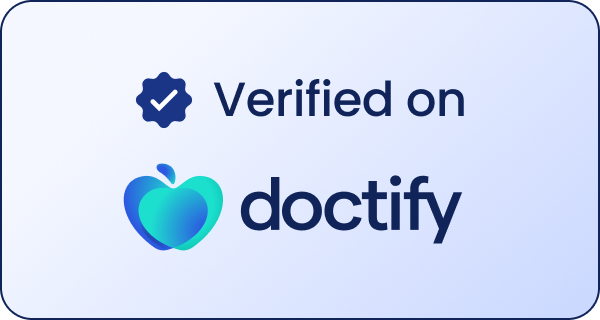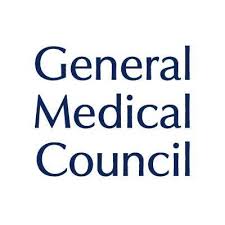How is trauma or PTSD treated in children?
Trauma is treatable, and many children recover well with the right support.
Trauma-focused cognitive behavioural therapy (TF-CBT)
A highly effective therapy that helps children:
-
Understand how trauma affects thoughts and feelings
-
Learn coping skills to manage distress
-
Gradually talk about and process the traumatic experience in a safe environment
-
Build confidence and emotional resilience
Eye movement desensitisation and reprocessing (EMDR)
A specialised therapy that helps reprocess traumatic memories and reduce their emotional impact, often used with older children or teens.
Family-based intervention
Supports parents in understanding trauma, improving communication, and creating a secure, predictable environment.
Additional support
-
Relaxation techniques such as breathing exercises or grounding
-
Psychoeducation about trauma for children and parents
-
School support to reduce academic and social pressures



